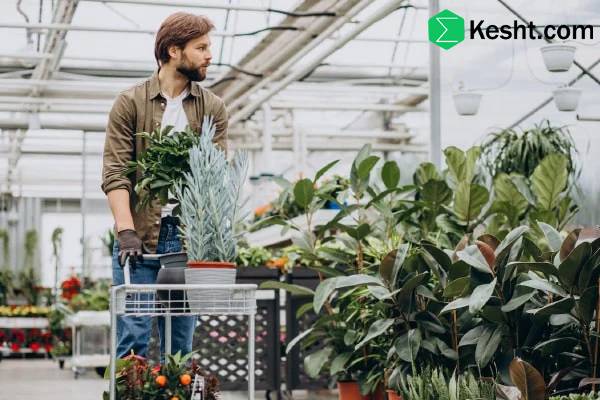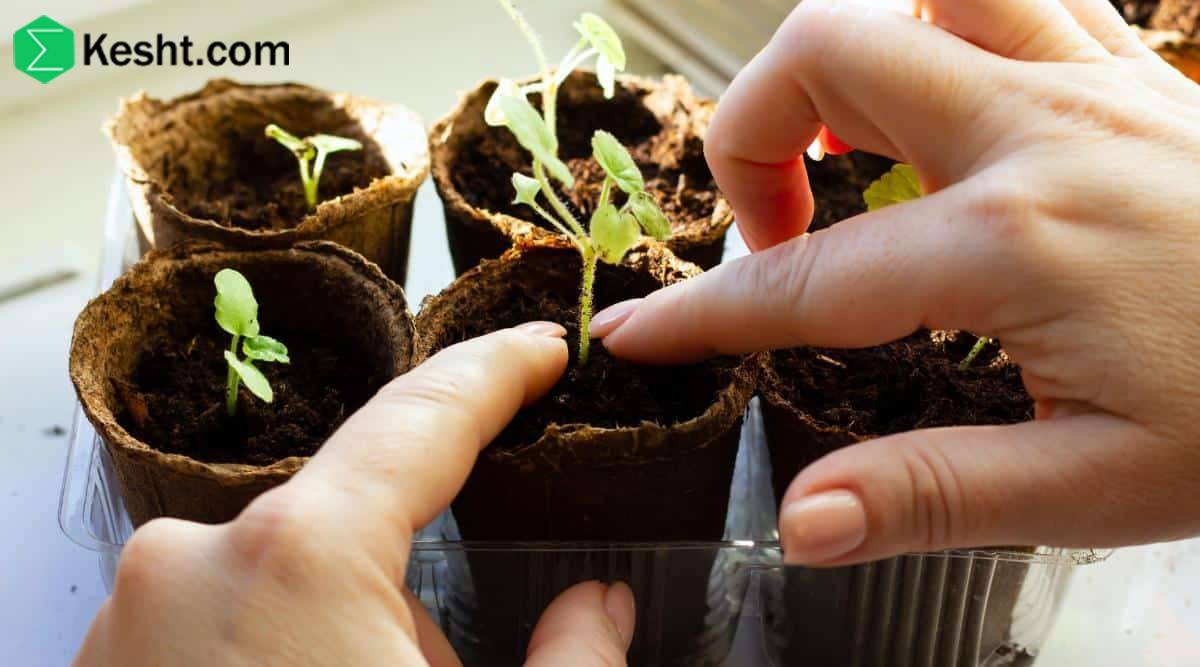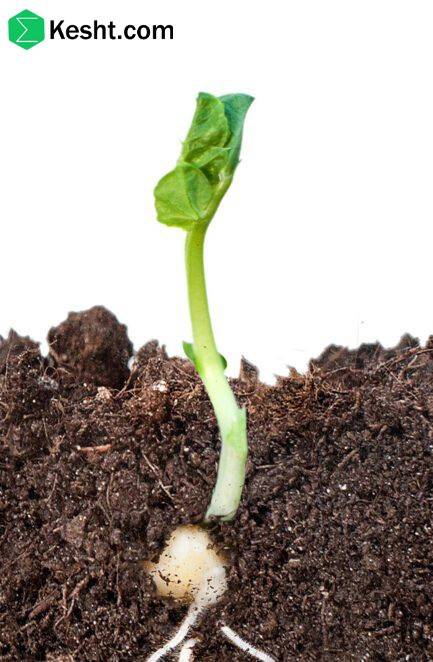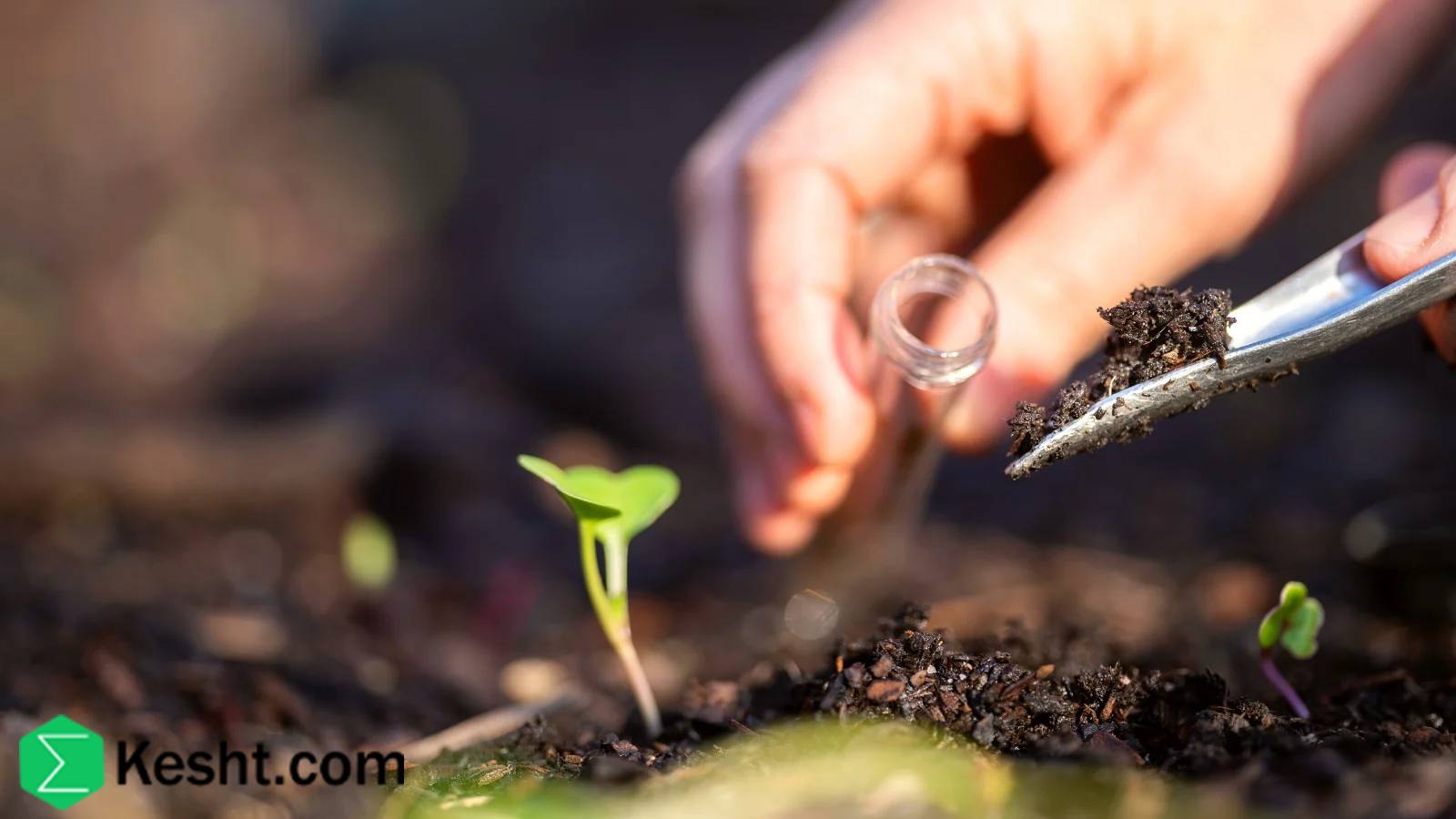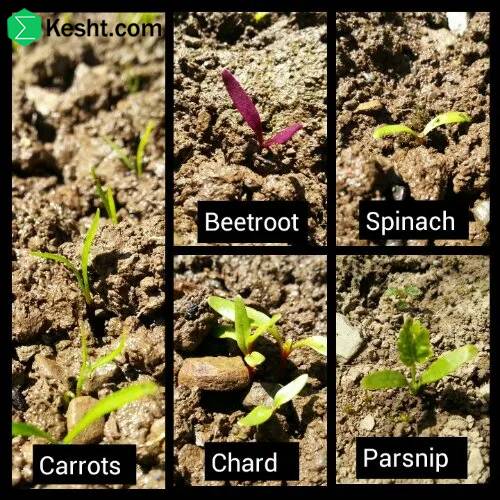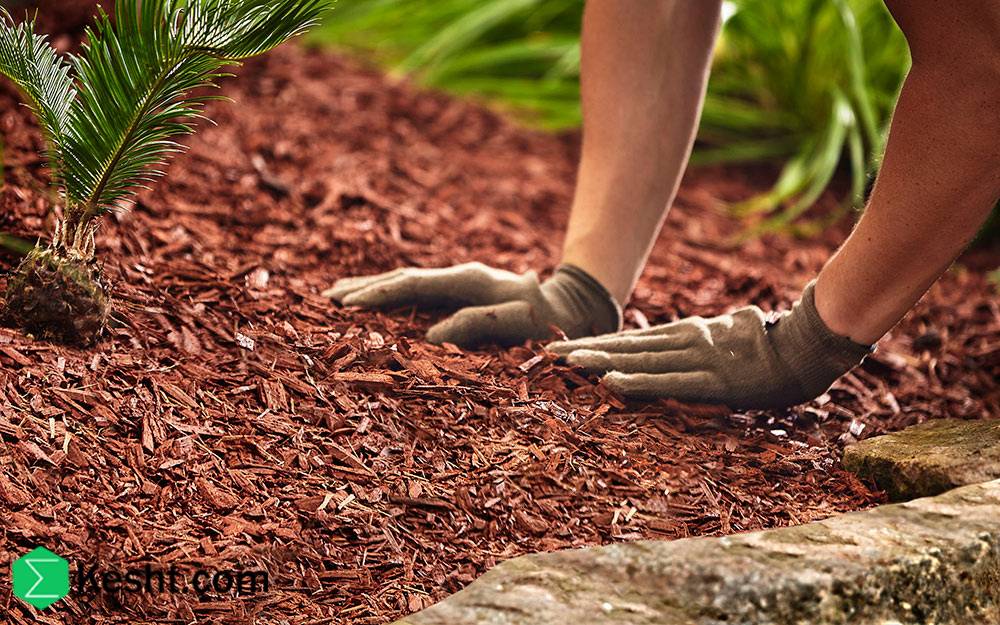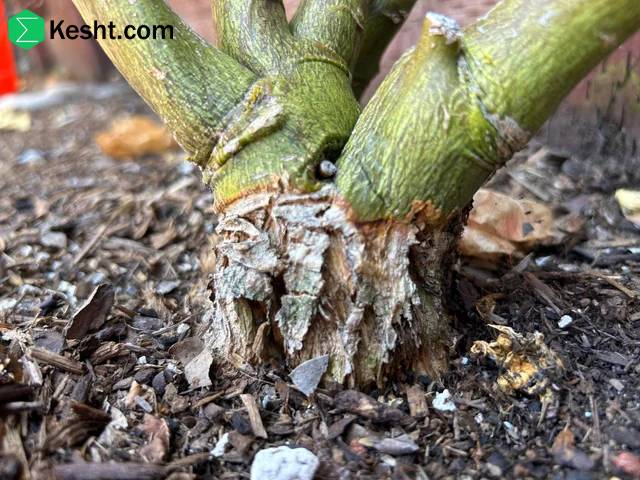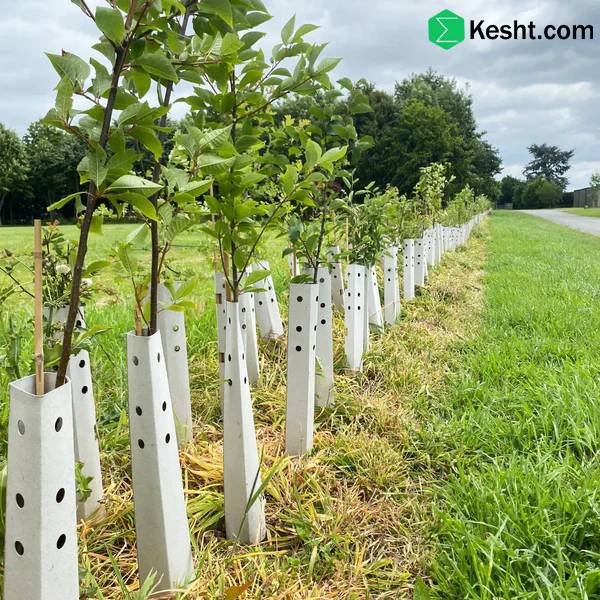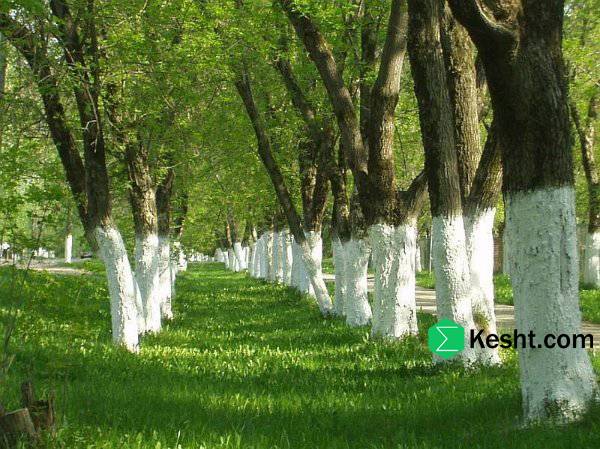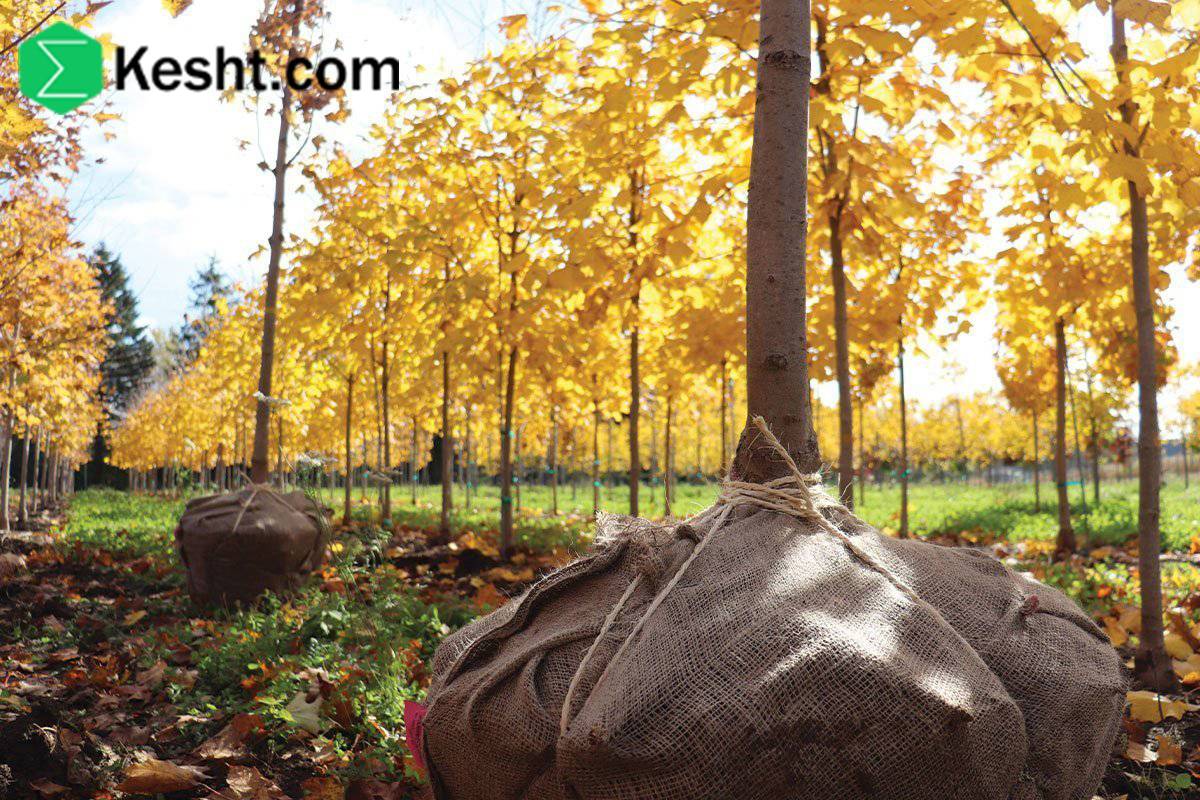Buying a fruit tree is not just about choosing a plant. It is a long-term investment involving your land, water resources, time, and money. Many problems gardeners face, such as early tree death, poor fruiting, or incompatibility with local climate, come from one simple mistake: not asking the right questions before buying a tree.
The truth is, most buyers look for answers after the damage is done. With a few expert questions, you can choose the right tree from the beginning and build a healthy, productive, and profitable orchard.
This is exactly what users are searching for when they type phrases like:
- “What to ask before buying fruit trees”
- “How to choose healthy fruit trees”
- “Where to buy quality fruit tree saplings”
What You Will Learn in This Guide
In this practical and experience-based guide, you will learn:
- What questions you must ask before buying fruit trees
- How to identify a professional and trustworthy nursery
- How to choose trees that bear fruit faster, stay healthy, and are economically profitable
This article is written based on real horticultural experience, scientific principles, and common buyer mistakes, making it fully aligned with Google’s Helpful Content and EEAT guidelines.
If you are planning to buy apple, peach, almond, pistachio, or any other fruit tree, this guide will help you avoid costly mistakes and invest with confidence.
Tip: Choosing the right tree is even more important than planting it correctly.
Getting expert advice before purchase puts you one step ahead of most growers.
The Most Important Question Before Buying a Fruit Tree:
What Is the Exact Variety and Rootstock?
Knowing the exact variety and rootstock is critical. These two factors determine the tree’s growth, health, yield, and lifespan. Ignoring them can result in years of loss.
✔ What Is the Exact Variety?
Avoid vague answers like “good apple” or “sweet peach”. A tree without a clearly defined variety has an uncertain future.
Examples:
Apple variety: Golden Delicious
Peach variety: Shah-Pur
✔ Does the Tree Have a Variety Certification?
Reputable nurseries provide labels and official certification, ensuring genetic authenticity, health, and productivity.
✔ What Rootstock Is Used? (Dwarf, Semi-Dwarf, or Standard)
Rootstock directly affects:
- Time to fruiting
- Soil tolerance
- Tree size and longevity
Examples:
Apple on M9 → dwarf, early-bearing
Apple on MM106 → semi-dwarf
Seedling apple → standard, late-bearing
👉 If you are unsure which rootstock suits your land, a professional seller should guide you before the sale, not after.
🌱 For choosing the right variety and rootstock for your region, consult our experts before purchasing.
2. How to Check the Physical Health of a Fruit Tree Before Buying
A Simple Checklist for Healthy Trees
Buying a healthy tree means reducing risk and protecting your investment.
✔ Tree Age
Best choice: 1–2 year-old trees
Trees older than 3 years often have damaged roots and adapt poorly
✔ Root Health
Healthy roots should be:
White inside, brown outside
Free from rot, dryness, or spiraling
✔ Trunk and Branches
Avoid trees with:
- Wounds
- Cracks
- Dark or unusual spots
These may indicate fungal or bacterial diseases such as fire blight.
✔ Pest-Free Condition
Carefully inspect:
- Undersides of leaves
- Branch junctions
Many pests begin in these hidden areas.
3.Is This Tree Suitable for Your Region?
The Question That Prevents Tree Loss
One of the main reasons trees fail is climate and soil incompatibility.
✔ Climate Compatibility
Check:
- Minimum winter temperatures
- Required chilling hours
Example:
Peach variety Flamingo → requires 450 chilling hours
❌ Not suitable for warm regions.
✔ Disease Resistance
Some varieties are naturally more resistant:
- Apple Prime Rose → resistant to powdery mildew
- Certain peaches and almonds → better root disease tolerance
✔ Soil Compatibility
Soils may be:
- Sandy
- Heavy
- Alkaline
- Saline
📌 The right variety + rootstock = better growth, lower costs, higher yield.
🌿 Our specialists can help you choose trees perfectly matched to your local conditions.
4.When Will the Tree Bear Fruit and How Much?
Key Economic Questions Before Buying
Understanding fruiting time and yield helps you plan your investment wisely.
✔ Time to Fruiting
Apple on M9 → 2–3 years
Seedling apple → 5–7 years
✔ Yield and Fruit Size
Some varieties: high yield, smaller fruit
Others: lower yield, larger and more marketable fruit
✔ Pollination Requirements
Apple → usually needs a pollinator
Peach → self-pollinating
Pistachio → requires male trees
👉 Sellers who explain these details clearly usually provide higher-quality trees.
🌱 Choose trees that fruit faster and suit your soil and climate—consult our experts today.
5.Warranty, After-Sales Support, and Consultation
The Red Line of Buying Fruit Trees
Professional nurseries stand behind their products.
✔ Does the Tree Come with a Warranty?
- Survival guarantee: 6 months to 1 year
- Terms must be clear and written
✔ Is a Planting & Care Guide Provided?
Including:
- Irrigation
- Fertilization
- Initial pruning
✔ Is Post-Planting Support Available?
Especially vital for beginner growers and prevents costly mistakes.
Additional Questions Professionals Always Ask
Grafted or Seedling?
Grafted trees = uniform, early-bearing, reliable
Tree Height & Trunk Diameter
- Height: 120–150 cm
- Trunk diameter (above graft): at least 8–10 mm
Bare-Root or Potted?
- Bare-root → winter only
- Potted → plantable year-round (recommended)
Why Is an Official Invoice Important?
A proper invoice should include:
- Tree variety and rootstock
- Quantity and age
- Plant health certification
- Warranty terms
- Seller details
📌 Sellers who provide official invoices usually stand behind their quality.
Final Summary: How to Buy Fruit Trees with Confidence
By asking the right questions, you can:
- Avoid fraud and low-quality trees
- Choose varieties suitable for your region
- Reduce long-term costs
- Maximize yield and profitability
Final Expert Recommendation
If you want to buy healthy, certified, and guaranteed fruit trees, always choose a nursery that:
Provides real consultation
Offers written warranties
Clearly specifies variety and rootstock
🌱 Get expert consultation before buying fruit trees today. The right decision now means years of profit and peace of mind. Expert advice
